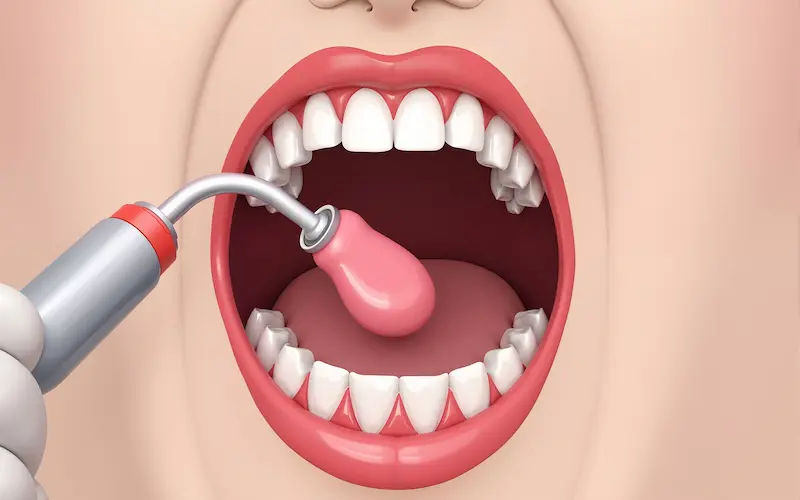- female
- 30 Years
- 29/01/2025
I'm really worried because my left ear sometimes has a bad smell and I've been told by an ENT doctor that I might need surgery. This is making me really nervous and stressed. Is surgery the only option, or are there other treatments I could consider? What should I do to prepare for this?
More ENT Health Queries
View allI noticed that the skin on my epiglottis is white when I looked in the mirror. Is it normal for the epiglottis to have white skin, or should I be worried about a potential disease?
Absolutely normal.. No need to worry if it's not causing any trouble
Answered by 1 Apollo Doctors
I've been having this on-and-off pain in my right side submandibular gland for some time now, the weird thing is the swelling just won't go away. It's been like this for 2 years! And lately, for about a month, there's this persistent pain at the base of my neck where the skull ends and also inside my head, all on the right side. I'm struggling to find a doctor who can help; two of them suggested removing the gland, but it still produces saliva. I'm really hoping there's another solution that doesn't involve surgery. Is there anything else I could try?
It sounds like you may be experiencing chronic inflammation and pain in your submandibular gland on the right side, along with swelling that has been present for 2 years. The recent development of pain in the back of your neck, at the base of your skull, and inside your head on the right side is concerning. Given the persistent swelling and pain, it is important to address this issue promptly. I recommend seeking a consultation with an Ear, Nose, and Throat (ENT) specialist for further evaluation and management. They may consider a thorough examination, imaging studies, and possibly a biopsy to determine the underlying cause of your symptoms. In the meantime, you can try taking over-the-counter pain relievers like acetaminophen to help alleviate the discomfort. Additionally, warm compresses applied to the affected area may provide some relief. As for medication, you can try a course of antibiotics such as Amoxicillin-Clavulanate to address any possible infection in the gland. However, please note that this is a general recommendation and should be confirmed by a healthcare professional after a proper evaluation. I hope you find the relief you are seeking and that your symptoms improve soon.
Answered by 1 Apollo Doctors
My ears have been clogged for days but my hearing is still fine. At first I didn't notice it much but now I realize my ears won't pop and there's constant pressure in both ears. An ENT doctor said one of my nasal passages is swollen which might be causing this. I've tried home remedies but the ear pressure and clogged feeling won't go away. Could this be a eustachian tube issue? Do I need surgery even though my hearing isn't affected?
septoplasty is advised,ent review.
Answered by 1 Apollo Doctors
Disclaimer: Answers on Apollo 247 are not intended to replace your doctor advice. Always seek help of a professional doctor in case of an medical emergency or ailment.






